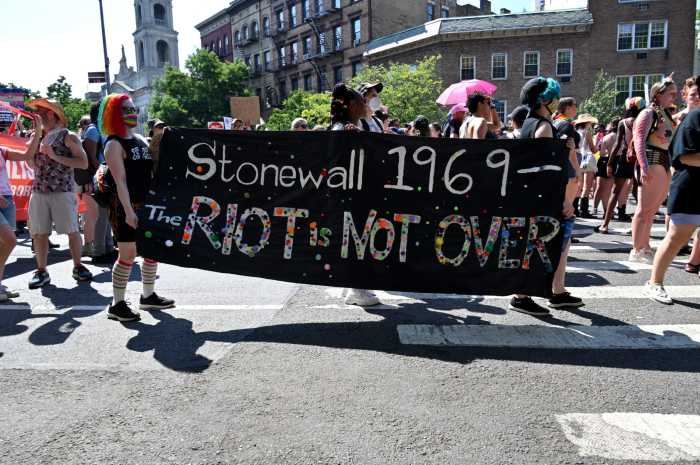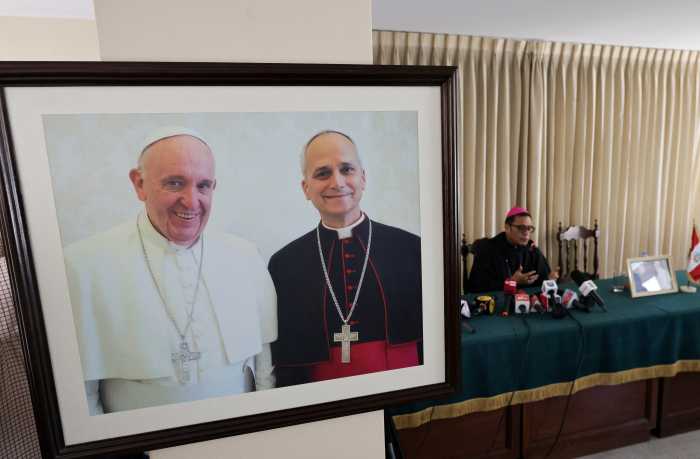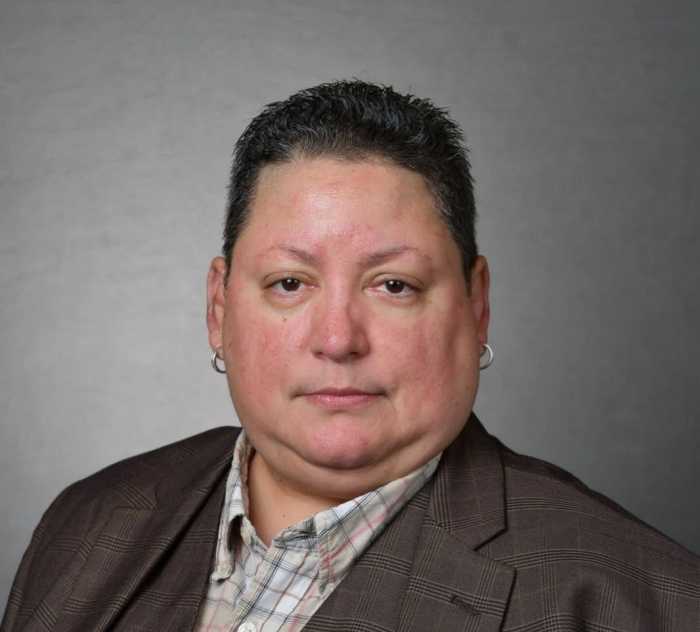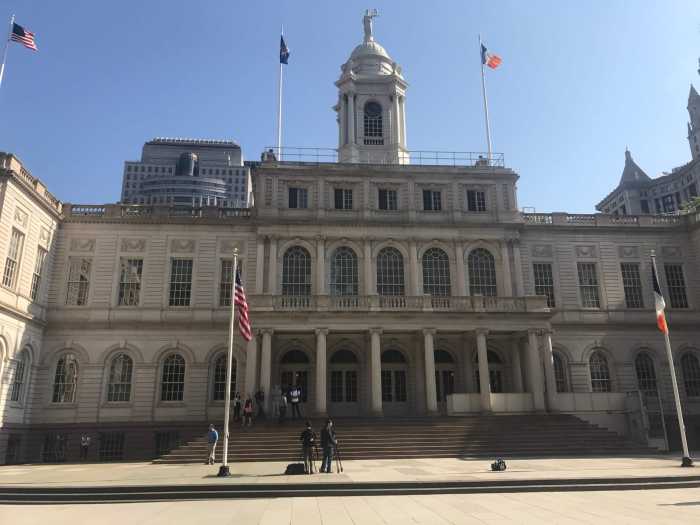In the last several months, a steady drumbeat of anti-gay attacks — personal, political, and symbolic — has unnerved the gay community across the nation.
In New York, City Council Speaker Christine Quinn rightly called the Bronx bias attacks of three men suspected of being gay “horrible and unforgivable,” while Mayor Michael Bloomberg called humiliated Rutgers student Tyler Clementi’s suicide, “a tragedy.”
Meanwhile, defeated Republican gubernatorial candidate Carl Paladino’s ridiculous yet unretracted comments about gay men’s be-Speedoed antics at pride parades set a new low for an already inflammatory public figure —and cost him any real shot at victory.
As mental health practitioners working with the gay community, we applaud the vigorous response to these demonstrations of intolerance and ignorance, both on the part of gay men and our beloved allies. But we feel it is vitally important to add to the condemnation of anti-gay violence, discrimination, and hate speech a warning about the emotional consequences of gay men’s lightning rod status in the current culture wars.
Especially here in New York, gay men exist in an oddly ambiguous social position — as both an empowered and respected subculture and in a crucible of sometimes harsh cultural conflict. As much as we feel rightly comfortable holding hands walking down many streets of Chelsea or Fort Greene or Washington Heights, each one of us remains subconsciously wary, knowing the possibility, however remote, of winding up on the cover of the Post following some atrocity.
It’s important that we all drag this subconscious awareness of our vulnerability into the light so that we can deal with it. There is probably no gay man in New York who didn’t feel endangered growing up, subject to the taunts or the threats of social and familial isolation and exile, whether physical or emotional.
Playwright and public intellectual Sarah Schulman’s terrific recent book, “Ties That Bind” (thenewpress.com), discusses familial homophobia with remarkable insight and laser-sharp focus. (Doug Ireland’s November 12, 2009 review in Gay City News, “It Has to Be Said,” is linked in the online version of this story at gaycitynews.com.) Schulman makes the case for the ways in which kids who go on to become gay adults are shunned in their families for performing gender roles differently than expected. That sense of rejection, she argues, follows us into adulthood, impacting the quality and depth of our relationships.
These forces go largely unnoticed and remain submerged in the vast majority of gay men. This is why, when so much negative energy is focused on us, as now, taking care of ourselves emotionally becomes a necessary act of resistance, resilience, and health.
Even the remarkable “It Gets Better” viral video series, while an extraordinary expression of love for the next generation of gay people, stirs up tremendously difficult emotions and may tear the scabs off of barely-healed wounds.
Gay men of New York: Recognize that we live in times of extraordinary change in how we are viewed and in the ways we can live our lives. That is great in many ways, but please don’t ignore how the tabloid coverage, water-cooler conversations, and sheer incidence of targeting can take a real toll on us emotionally.
Talk about the impact on you of these events with your loved ones, other gay men, and sophisticated, caring allies. As much as you play the “teacher” role with family or ill-informed others, make sure you are getting plenty of nourishment from people who understand the full complexity of how wonderful and scary it remains to be a gay person these days.
If you become preoccupied with the incessant onslaught of troubling and frightening news, reach out for support and help from those who love you or one of the many counseling centers or practitioners who competently and sensitively provide care to our community. Don’t pretend nothing’s happening or that is doesn’t really effect you.
A client recently discussed reading about Tyler Clementi’s death in the newspaper and expressed sadness at that desperate act. But the client never made the seemingly obvious and important connection to his own lived experience as an adolescent completely isolated from his family and peers for fear of rejection or attack. When the parallel was pointed out to him, his realization was to say in stunned tones, “That truly could have been me.”
When that realization hits, it carries a powerful emotional punch. Sometimes it ain’t easy being a queen. Take care of yourselves, take care of each other.
Shane Spicer, MD, a psychiatrist and Christopher Murray, LCSW, a psychotherapist, are both in private practice in Manhattan. You can contact them at shanespicermd@gmail.com or christophermurray.org.


































